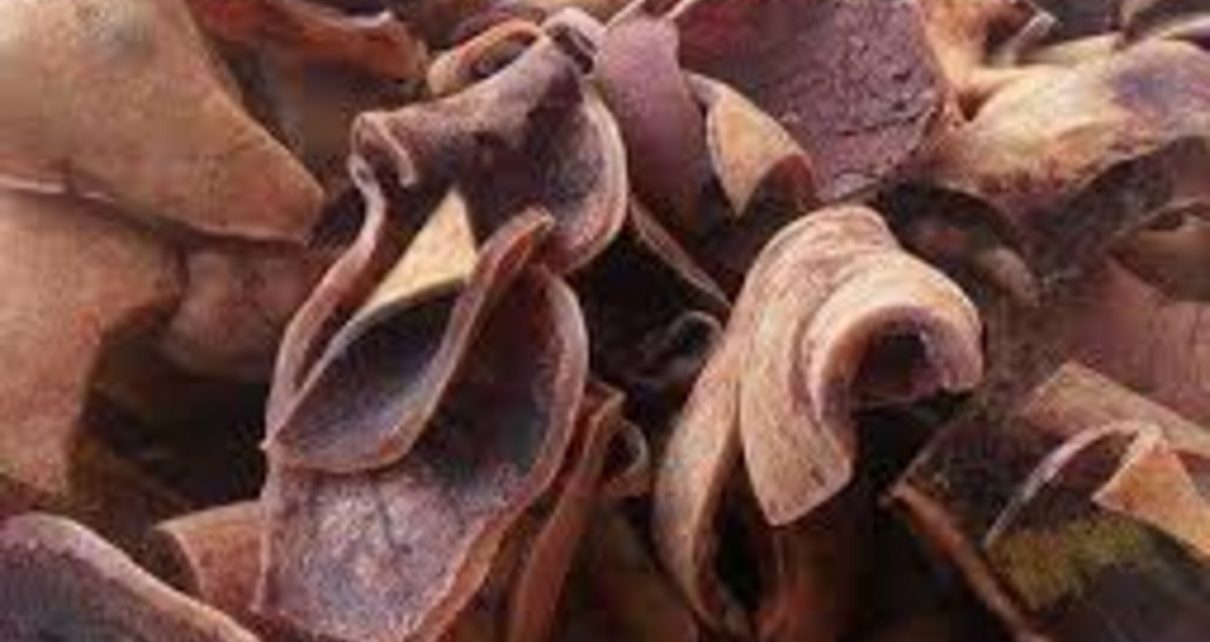If the Nigerian Institute of Leather and Science Technology (NILEST) Zaria, has its way, the sale and consumption of cow hide, locally known as ‘ponmo’ will be banned.
The institute is proposing legislation to ban the sale and consumption of animal skin in Nigeria.
In an interview with News Agency of Nigeria (NAN) on Sunday in Abuja, Prof. Muhammad Yakubu, Director-General of the institute, said that the legislation was necessary to revive the comatose leather industry in the country.
According to him, the habit of eating animal skin, which has no nutritional value, should be stopped in order to save the industry and boost the nation’s economy.
“To the best of my knowledge, Nigerians are the only people in the world that overvalue skin as food. After all, ponmo has no nutritional value,“ he said.
The institute, in collaboration with stakeholders in the industry, were going to the National and State Assemblies to collaborate on legislation banning ponmo consumption.
“At a point, there was a motion before the two chambers of the National Assembly. It was debated, but I don`t know how the matter was thrown away, “ he said.
According to him, the consumption of animal skin is partly responsible for the present comatose state of tanneries in Nigeria.
“If we get our tanneries, our footwear and leather production working well in Nigeria, people will hardly get ponmo to buy and eat,’’ Yakubu said.
The D-G also said that the current National Leather Policy had addressed some fundamental sector problems.
“When implemented fully, it would turn around most of the comatose tanneries and ginger greater output in production,’’ he said.
He appealed to stakeholders to support the legislation and the national leather policy to revive the sector.
NILEST was set up to promote leather production as provided in the Agricultural Research Institute Act of 1975.
It researches all aspects of the production of leather products and the utilisation of local tanning materials in the country.


